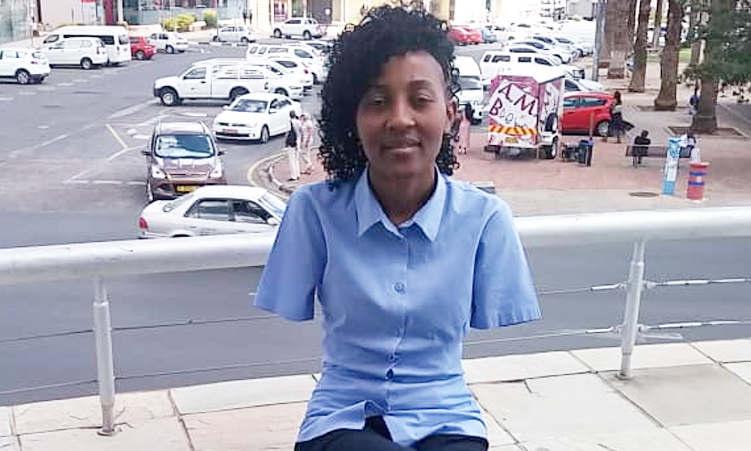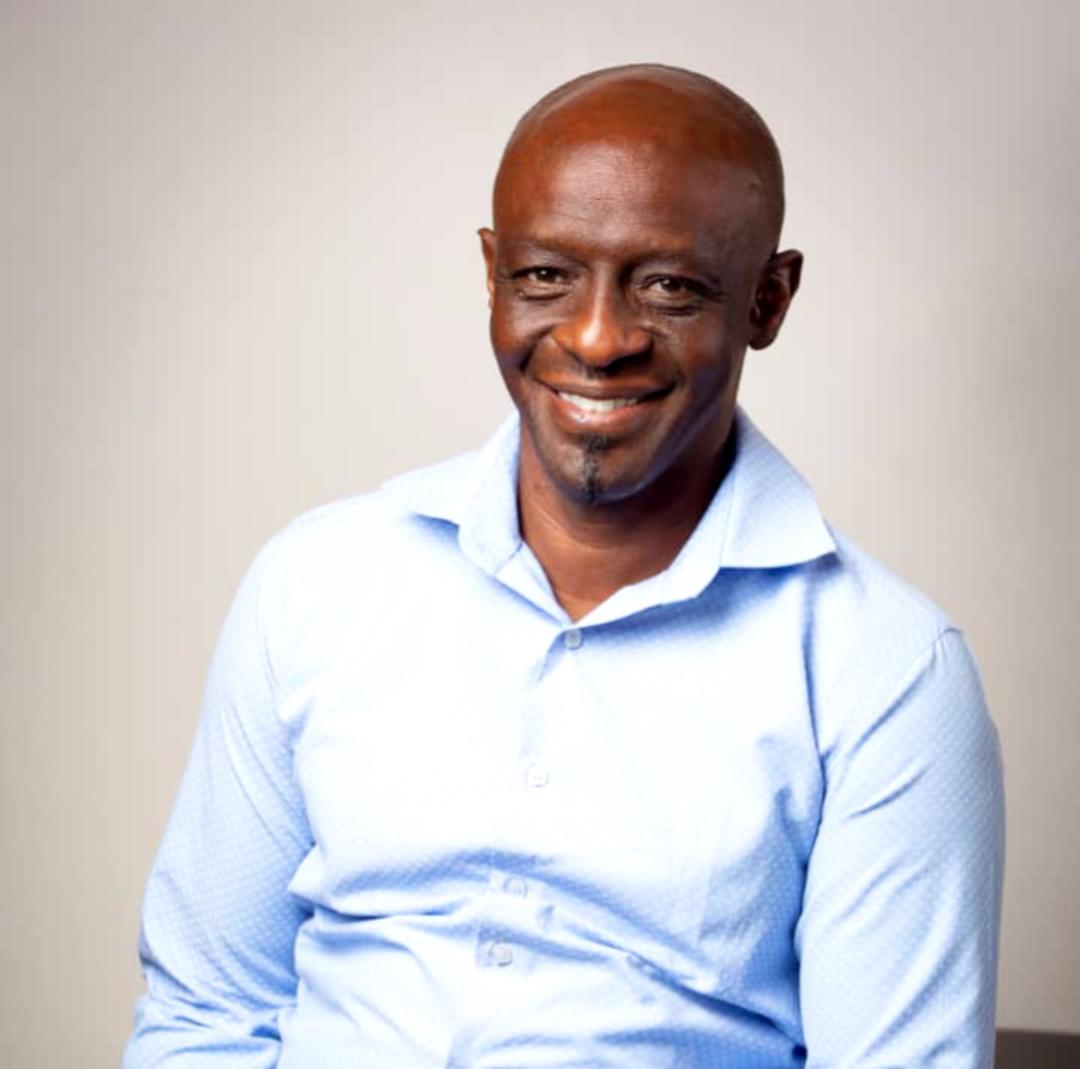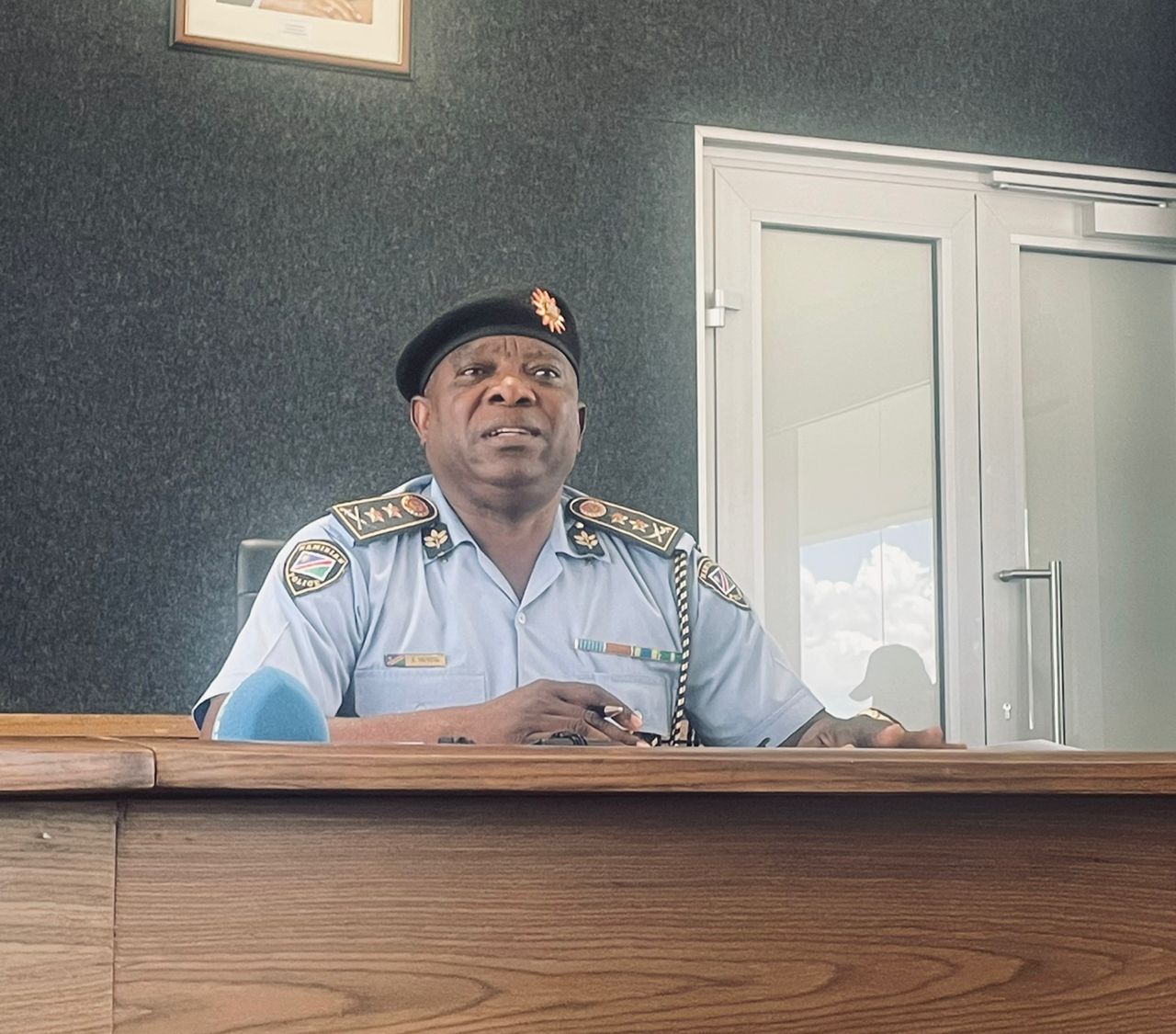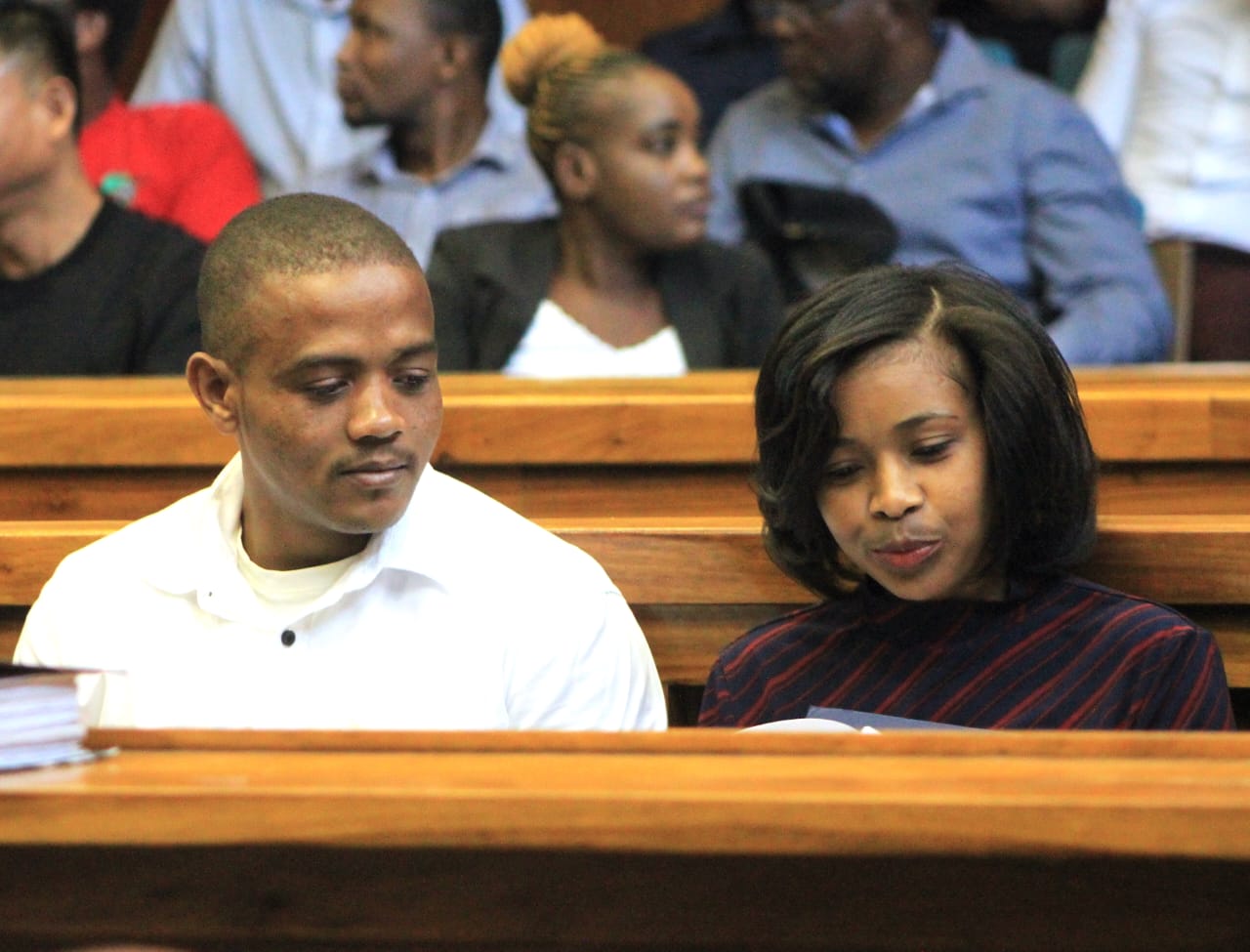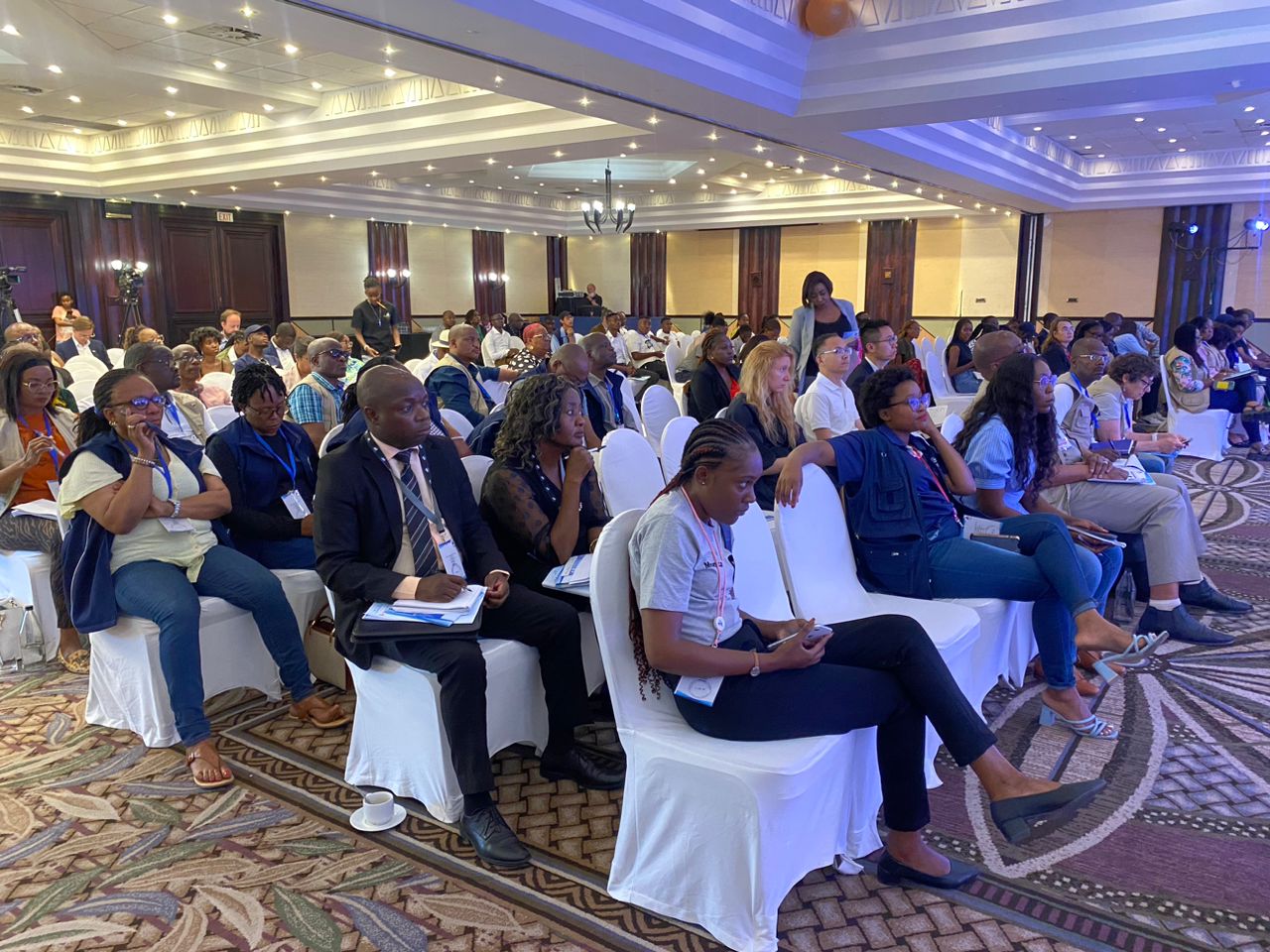The right to vote is safeguarded by a variety of international and regional human rights mechanisms.
These mechanisms constantly acknowledge the essential role fair and open elections play in upholding the fundamental right of participatory governance.
Namibia’s Constitution (Article 17) guarantees all citizens the right to political engagement.
Further, Namibia has signed and ratified a number of international and regional human rights treaties that recognise and protect the right to information.
This right encompasses several other rights, including the ability to form and join any political party of one’s choice, the right to vote and the right to be elected to public office.
A healthy democracy requires that marginalised people have a significant voice in the choices that affect their lives.
However, in Namibia, people with disabilities are not sufficiently informed about how they can engage in decision-making through voting.
INFORMATION AND PARTICIPATION
In a democratic society such as ours, the capacity of people with disabilities to exercise their right to vote hinges on their right to access information.
They will be unable to make responsible political decisions or participate effectively in public life if they lack information.
Even though political participation by people with disabilities is a fundamental human right that should be guaranteed and promoted without jeopardising legal provisions, participation in politics is low.
Thus, much work must be done to attract people with disabilities to participate in politics.
The Constitution (Article 10) sets out that all people are equal before the law, and that no one may be discriminated against because of their gender, race, colour, ethnic origin, religion, faith, or social or economic status.
It is possible to claim that people with disabilities fall within “all”.
However, this argument may be contested on the grounds that disability is not specified as grounds for non-discrimination.
This is why individuals with disabilities still confront many hurdles – discrimination, isolation, stigma and unfavourable stereotypes.
They also face the challenge of physical and informational barriers, as well as other impediments posed by legislation, rules and procedures that do not defend their right to vote and stand for election.
FLAWED LAWS
Disabled people may be discouraged from running for political office not only because they are aware of the barriers and biases mentioned as reducing their chances of success, but because flawed legislation may deprive them of the right to vote and put themselves forward as candidates or vote for their preferred candidates.
They are also discouraged from openly supporting political parties out of fear of being branded and discriminated against.
People with disabilities must have the right to participate in politics, be elected to public office, and have their voices heard in any process that affects them and their communities, in accordance with our Constitution.
Investing in the right of individuals with disabilities to participate in politics is critical for achieving inclusive governance.
It is about changing the underlying political culture and guaranteeing that disability inclusion goes beyond token gestures and addresses the primary causes of exclusion.
Politicians must adopt policies and processes to eliminate disparities that affect individuals with disabilities in the political sphere.
They should help establish discussion platforms across political parties, as well as urge them to share best practices and collaborate on disability challenges.
ADVOCACY EFFORTS
The government should empower people with disabilities to participate actively in policymaking by formulating policies that promote equal rights and create chances for disabled people to join political parties and social change groups. This involves empowering disabled people to vote, mentoring and coaching on how the process works, and offering training in political skills, media participation, networking and political campaigning.
Advocacy efforts must focus on the Electoral Commission of Namibia to ensure that their service delivery design is inclusive and that information accessible to people with disabilities is available.
The state must also play its part by recognising disability as a state subject in the Constitution.
- *Loide Hango writes in her own capacity, as a woman with a physical disability and advocating for people with disabilities
Stay informed with The Namibian – your source for credible journalism. Get in-depth reporting and opinions for
only N$85 a month. Invest in journalism, invest in democracy –
Subscribe Now!


